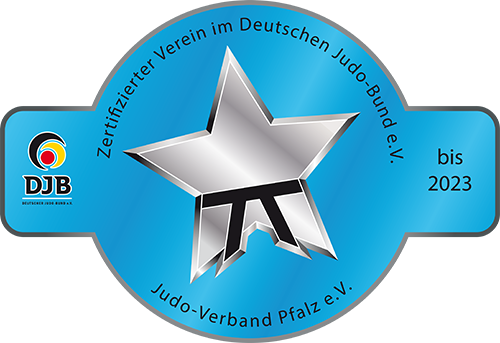The IRS Tax Agreement – What You Need to Know
Dealing with the IRS can be a daunting and overwhelming experience for many taxpayers. It becomes even more complicated when you owe taxes that you can`t afford to pay. However, the IRS has introduced various programs and tax agreements to help taxpayers settle their debts while avoiding penalties and interest charges. In this article, we`ll discuss what the IRS tax agreement is, the types of tax agreements available, and how you can qualify for them.
What is an IRS Tax Agreement?
An IRS tax agreement is a legally binding contract between you and the IRS. It is an arrangement that allows taxpayers who are unable to pay their taxes in full to settle their tax debts with the IRS over time, usually over several months or years. The IRS tax agreement is designed to provide taxpayers with a way to get in compliance with their tax obligations while avoiding the harsh penalties and interest charges that come with late payments.
Types of IRS Tax Agreements
1. Installment Agreement: An installment agreement is the most common type of IRS tax agreement. It allows taxpayers to pay their tax debts in monthly installments over a period of up to six years. To qualify for an installment agreement, taxpayers must owe $50,000 or less in combined tax, penalties, and interest and be current on all their tax filings.
2. Offer in Compromise (OIC): An Offer in Compromise is a settlement agreement between the IRS and the taxpayer that allows the taxpayer to settle their tax debt for less than the full amount owed. The IRS only accepts OICs from taxpayers who cannot pay their tax debts in full and who meet specific eligibility criteria.
3. Partial Payment Installment Agreement (PPIA): A PPIA is similar to an installment agreement, but it allows taxpayers to pay a portion of their tax debt over time. To qualify for a PPIA, taxpayers must demonstrate that they are unable to pay their tax debt in full and that their monthly expenses exceed their monthly income.
4. Currently Not Collectible (CNC) Status: CNC status provides temporary relief from IRS collections for taxpayers who cannot pay their tax debts due to financial hardship. The IRS will temporarily suspend collections activities until the taxpayer`s financial situation improves.
How to Qualify for an IRS Tax Agreement
To qualify for an IRS tax agreement, taxpayers must demonstrate that they are unable to pay their tax debts in full and that they have explored all other options, such as borrowing from a bank, liquidating assets, or obtaining a loan from a relative. Additionally, taxpayers must be current on all their tax filings, and if they are self-employed, they must be making estimated tax payments.
To apply for an IRS tax agreement, taxpayers must complete and submit Form 9465 (Installment Agreement Request) or Form 656 (Offer in Compromise) to the IRS. Taxpayers who are requesting CNC status must contact the IRS directly.
In conclusion, an IRS tax agreement can help taxpayers settle their tax debts while avoiding penalties and interest charges. The IRS offers several tax agreement options to fit taxpayers` unique financial situations. Before applying for an IRS tax agreement, it`s essential to explore all other options and consult with a tax professional to ensure you`re making the right decision for your financial situation.











